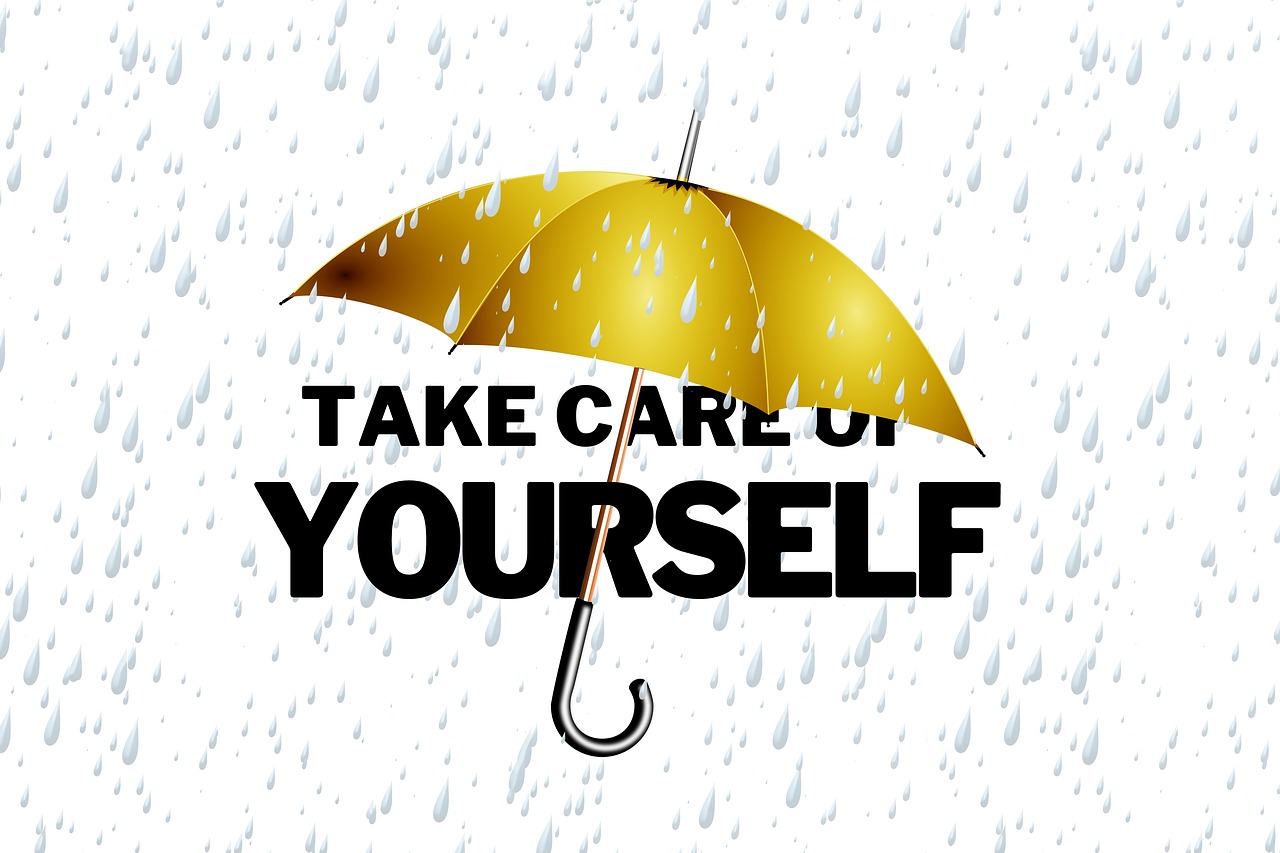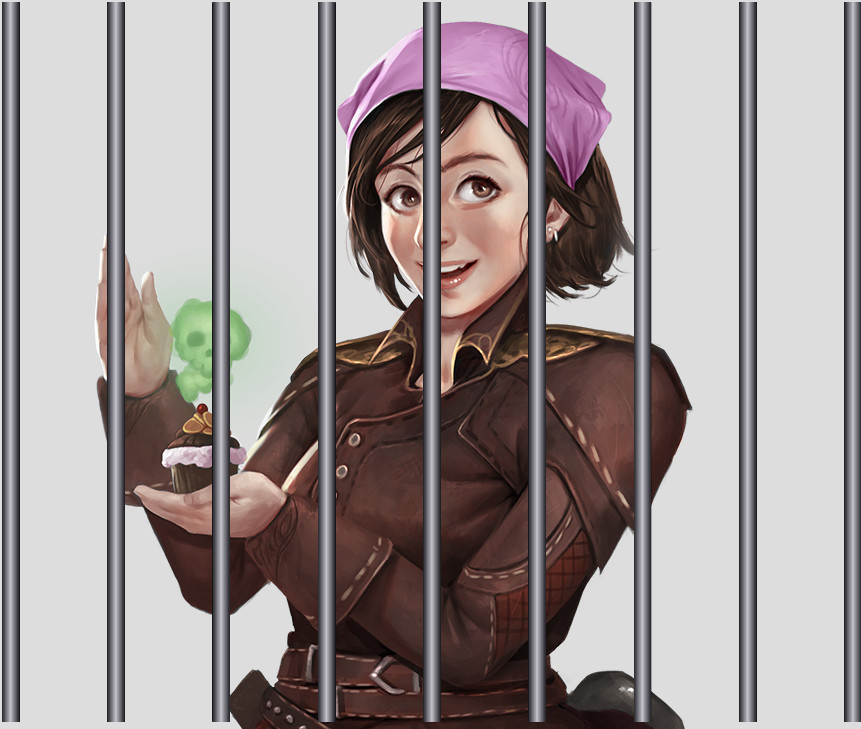Okay, maybe I’ve over estimated the number of times I’ve written about self-care, but I cannot overstate how important it is to listen to what your body, mind, and emotions are telling you. While I can only speak from my experiences as a middle class American, I know that stress is felt globally. Everyone has their own methods of handing stress, but not all coping methods are healthy or effective. Not all stress is created equally either, there’s “good” stress – like preparing for a vacation or a big party, and “bad stress” – like losing a job, the death of a loved one, or any other traumatic event. I’d like to take today to remind all my readers, you aren’t alone and you don’t have to face your stressors by yourself. Here are some stress relievers and resources to help you get through the rough patches, regardless of the source of your stress.
Good personal care
Take care of your body, feed yourself good, healthy food on a regular basis. Remember in school when you learned about the food pyramid? More fruits and vegetables, less fatty food and sweets? This diet will help your body to have the nutrients it needs to help fight on fatigue and illness. That’s not to say that a take out meal here or there is a problem, but if you’re eating fast food every day, make sure you’re getting a good balance of nutrient rich foods – like salads with a light vinaigrette dressing. When I find myself eating out too much, I hit the local grocery store’s fresh produce section, where there are prepped fruit cups, salad bars, and even pre-packaged individual salads. And don’t forget to drink plenty of water! (Here’s a handy dandy water calculator and some great water information.)
Take a walk. The Journal of the American Heart Association recently released a study of African-Americans and their patterns of sitting and how that impacts health (this is the TIME article about the study, which includes other information, and the study itself). The study found that sitting at work is not the same as sitting at home watching television. Work sitting still involves getting up to go talk with colleagues, getting a drink, going to lunch, and even picking up stuff from the printer helps negate the sitting. Couch potatoing at home, however, is not great for your health. While the study specifically focused on African-Americans, we would all be pretty naïve to think that none of these findings translate across all of humanity. In other words, get up and move with regularity, even if it’s just to stretch and walk out to the mailbox or do a couple reps on your basement stairs.
No drinking or drugs. It’s easy to self-medicate your stress, cigarettes and alcohol are readily available in most states and marijuana is becoming easier to find, but ultimately anything that falls into this group of substances simply mask the pain and don’t fix the root cause of your stress and could even make things worse.
Get plenty of sleep. The more we have to do, the less time we have to sleep. The pressures of work, family, and life in general make demands on us that may keep us up late at night working and up early in the morning to start working again. Or the stress interferes with our quality of sleep. Finding a good bedtime regimen that doesn’t involve blue light (screens) for at least an hour before you go to bed will help you get the best rest you can in how ever much time you spend in bed. I personally use mediation as part of my bedtime routine to help quiet my very busy self-talk and anxiety, but there are lots of ways to help put yourself to bed. Here’s a great reference for ideas and techniques.
Take a break. If you have any way of avoiding the thing that is causing you stress, do that. You can’t avoid work, but you don’t have to eat lunch with that person whose politics get you angry during your break, eat a quite light lunch and go for a walk. If it’s family that you live with, it can be hard to find a way to move out, but you can find a hobby group (like gaming) and spend less time at home, if possible. Some stress comes from social media, I can personally say that cutting down on social media has helped me a lot – never underestimate the power of “unfollow” and “block”. I stopped watching the news over 15 years ago and try to remain up to date on the big picture, but it’s too emotionally devastating to know that someone local died tragically, I know it still happens, I just don’t allow myself to be weighed down with that grief, I have enough grief in my own life. It sounds callous, I know, but I’m incredibly sensitive and overly empathetic, I have to choose myself over others sometimes.
Talk with someone. Friends and family can be good sounding boards, however as someone who’s sat and laid on a therapist’s couch more times than I can count, an impartial listener who is trained to help you find perspective and develop your own coping skills. Therapy isn’t a bad word, it does mean you’re weak, and it isn’t always (but can be) a long process. As I mentioned, I’ve been in and out of therapy for many years. As I overcome an issue and no longer feel like there’s more to explore, my therapist and I give one another a hug with the understanding that when I need a tune-up, I’ll call and we’ll resume sessions. Sometimes a person just needs a little help, sometimes if there is deep rooted trauma therapy may be a life long necessity. No two people are the same and no two problems have the same treatments.
Lastly, if you feel like you’re hopelessly lost, having self-harm ideation, or considering harming another, please seek immediate medical attention, including going to your local emergency room. If someone has hurt you, know that that is not your fault. It is never okay for one person to harm another. In the United States the National Suicide Prevention Line is 1-800-273-TALK (1-800-273-8255), and online https://suicidepreventionlifeline.org/chat/ . The National Domestic Violence Hotline is 1-800-799-7233 and their website is https://www.thehotline.org/ .







“Take a break.” is an important reminder. <3